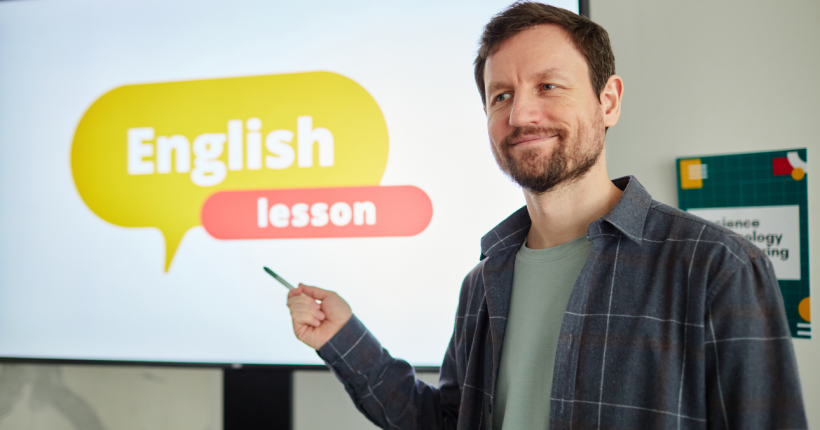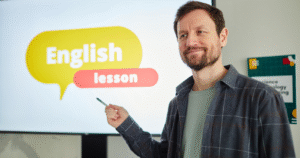In today’s hyper-connected, fast-paced world, the landscape of education and professional development is undergoing a dramatic shift. Long gone are the days when a single degree sufficed for an entire career. The ability to continuously learn, adapt, and acquire new skills has become paramount. This is where microlearning emerges as a revolutionary approach, offering the agility and efficiency needed for true lifelong learning success. At Oxford College, we understand the critical role of accessible, bite-sized education in empowering individuals to thrive in the modern economy.
What is Microlearning? Unpacking the Bite-Sized Revolution
At its core, microlearning refers to the delivery of content in small, focused bursts. Unlike traditional long-form courses or extensive training modules, microlearning breaks down complex topics into digestible, self-contained units that can often be consumed in just a few minutes. Think of it as learning in snippets: short videos, interactive quizzes, infographics, quick articles, or even a single concept explained succinctly.
This approach isn’t just about brevity; it’s about targeting specific learning objectives with precision. Each microlearning unit typically focuses on one skill, one concept, or one piece of information, making it incredibly effective for rapid knowledge acquisition and skill development.
Why Microlearning is Essential for Lifelong Learning
The concept of lifelong learning, once a niche idea, is now a global imperative. The shelf-life of skills is shrinking, and industries are constantly evolving. Microlearning provides the perfect antidote to this challenge for several compelling reasons:
1. Combating Information Overload and Short Attention Spans
In an age of constant digital notifications and overwhelming information, our attention spans are shorter than ever. Microlearning is perfectly suited for this reality. By delivering information in small, manageable chunks, it reduces cognitive load, prevents overwhelm, and makes learning feel less daunting and more achievable. This targeted approach ensures that learners absorb key information without getting lost in extraneous details.
2. Enhancing Retention and Knowledge Transfer
Research suggests that distributing learning over time, rather than cramming it all at once, significantly improves long-term retention. Microlearning facilitates this “spaced repetition.” When information is presented in short, focused modules, learners can easily review and reinforce concepts, leading to better memory recall and more effective application of knowledge in real-world scenarios. This immediate applicability is a hallmark of successful online learning.
3. Boosting Engagement and Motivation
The quick wins provided by microlearning units act as powerful motivators. Completing a short module or mastering a single skill provides instant gratification, encouraging learners to move on to the next piece of content. This continuous feedback loop, often integrated with gamification elements like badges or progress bars, keeps learners engaged and reduces the likelihood of dropping out, a common challenge in longer online courses.
4. Unparalleled Flexibility and Accessibility
One of the greatest strengths of microlearning lies in its flexibility. Content can be accessed anytime, anywhere, and on any device – whether on a smartphone during a commute, a tablet during a coffee break, or a desktop at home. This “on-demand” nature makes it ideal for busy professionals who need to learn specific skills without committing to rigid schedules or lengthy programs. It truly embodies the spirit of accessible online learning.
5. Bridging Skill Gaps Efficiently
Companies and individuals alike face the constant challenge of upskilling and reskilling workforces to meet new demands. Microlearning is incredibly efficient for this purpose. Instead of enrolling employees in lengthy, generalized training courses, specific microlearning modules can be deployed to address precise skill gaps quickly and effectively, ensuring that teams remain agile and competitive. This targeted approach saves both time and resources.
Implementing Microlearning: Tools and Strategies
The successful adoption of microlearning relies on effective design and the right technological infrastructure.
- Content Design: Focus on single learning objectives per module. Use engaging formats like short videos (1-5 minutes), interactive quizzes, infographics, animated explainers, and brief case studies. The content should be highly relevant and actionable.
- Mobile-First Approach: Given the on-the-go nature of microlearning, content must be optimized for mobile devices, ensuring a seamless user experience across smartphones and tablets.
- Learning Management Systems (LMS): Modern LMS platforms are increasingly designed to support and deliver microlearning modules, often with features for progress tracking, certification, and personalized learning paths.
- Adaptive Learning Technologies: Integrating AI-powered adaptive learning can further enhance microlearning by delivering personalized content based on a learner’s performance and identified needs, ensuring that each bite-sized piece of information is precisely what they need at that moment.
Microlearning at Oxford College: Empowering Your Learning Journey
At Oxford College, we are at the forefront of integrating microlearning principles into our diverse range of programs. We understand that effective online learning is about meeting our students where they are – whether they’re looking to acquire a new skill quickly, refresh existing knowledge, or prepare for specific industry demands.
We offer a growing portfolio of focused, bite-sized courses and microcredentials designed to deliver targeted competencies efficiently. Our aim is to provide flexible, high-impact learning experiences that fit into your busy life, allowing you to continually upgrade your skills and stay ahead in your chosen field. For more insights into our innovative programs, including short courses and professional development, please explore our offerings here on our programs page.
The future of education is modular, agile, and accessible. Microlearning isn’t just a trend; it’s a fundamental shift in how we acquire and retain knowledge, making lifelong learning not just a concept, but a tangible, achievable reality for everyone.
To learn more about how Oxford College is embracing the future of education through flexible and effective online learning, visit our website today: https://oxford.edu.eu/.







